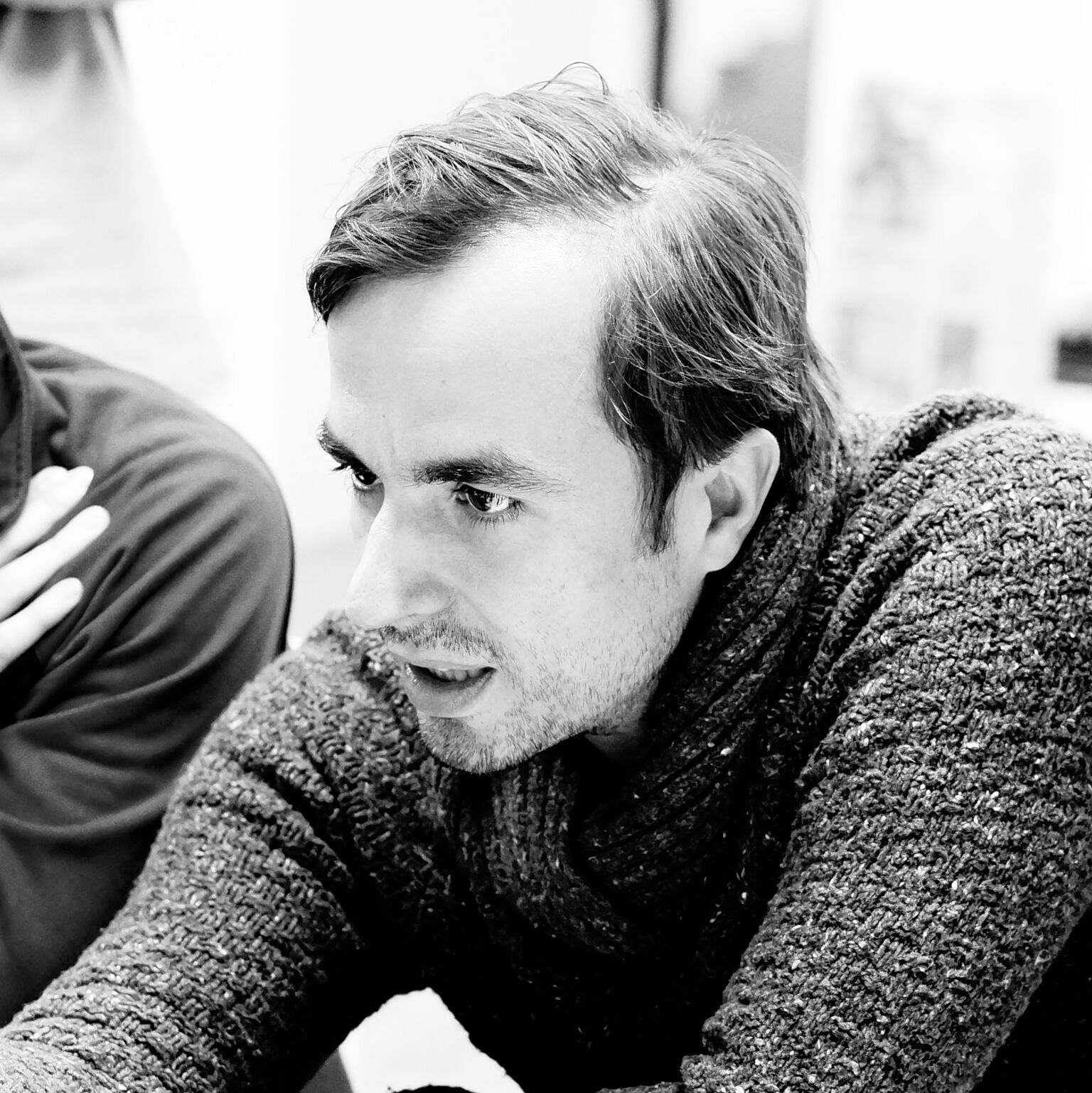 Frank D’hondt, Belgium/Greece
Frank D’hondt, Belgium/Greece
Frank D’hondt has a master’s degrees in urban geography and territorial planning, both obtained at Ghent University in Belgium. Frank is founding director of the Territorial Capital Institute, a knowledge-based platform to exchange theory and praxis of integrated territorial development and placemaking, drawing upon his experiences on localizing the New Urban Agenda and the International Guidelines on Urban and Territorial Planning. Frank has worked 10 years in the Low Countries, mainly on cross-border and transnational planning issues. He was founding-director of o2 Consult, specialized in participatory planning processes.
Since 2005, Frank has been mainly working with UN-agencies in developing countries including Kosovo, Palestine, Nepal, Afghanistan, Kenya and the Caribbean, specialised in national urban policy, metropolitan planning, post-conflict/disaster planning and participatory visioning and placemaking. Frank is also Assessor of governmental agencies in the United Arab Emirates. Frank was vice-president of the European Council of Spatial Planners, founding-member of the Flemish Association of Planners and currently ambassador of ISOCARP.
 Thomas Stellmach, Germany
Thomas Stellmach, Germany
Thomas Stellmach is best known as founder of TSPA Making Cities, a planning practice with focus on strategic urbanism, and as planning expert for UN-Habitat. Born in Freiburg, Germany, and educated in Berlin and Barcelona his focus of interest has become sustainable urbanism in a transforming world. Thomas has since lived in Rotterdam, Aleppo, and Nairobi and has for now settled in Berlin.
Recent work includes the strategic plan for Germany’s Ruhr region, city transformation and extension projects in Baghdad and Moscow. He has taught at the Berlage in Rotterdam, NL, the University for Science & Arts in Aleppo, Syria. More recently, he lectured at Tsinghua University in Beijing, Strelka in Moscow, UPC in Barcelona, and AUB in Beirut among others. He currently holds the chair for urban design at Riseba University in Riga.
For the United Nations he supports the programme for achieving sustainable urban development and coordinated pilot projects in the Philippines, Rwanda, and Mozambique; and developed a planning methodology and training format – the Rapid Planning Studio – for sustainable urban development. He currently develops solutions to improve urban resiliency through climate change adaption with UN-Habitat and the International Climate Initiative.
In Berlin, he has founded the ‘urban coop berlin’ housing cooperative to set an example how affordable housing can be achieved in the context of a developing housing crisis. The coop will start construction of its first housing project in the second half of 2018.